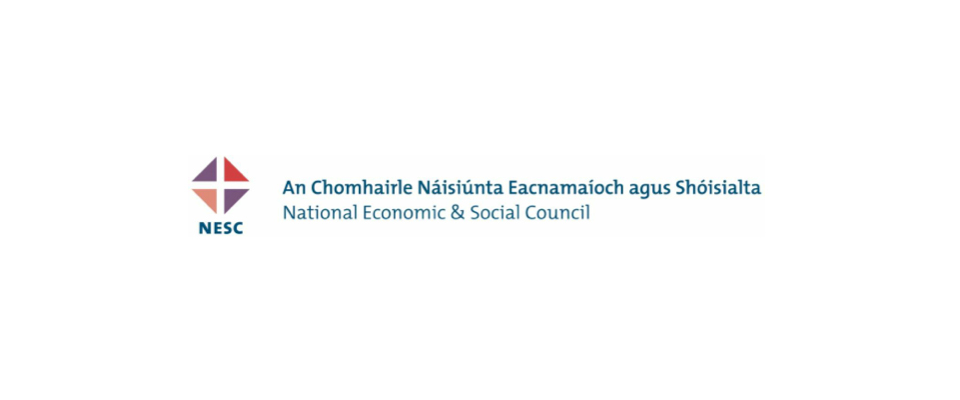Hard choices are ahead, if Ireland is to meet the housing needs of its population in a sustainable and affordable way. A new report from the National Economic and Social Council (NESC) shows that certain groups will struggle to achieve homeownership—those on low incomes, single person and lone parent households, those in the larger urban areas and young people. In 1991, 65 per cent of unskilled 35–44 year olds were owner-occupiers, but by 2011 this had fallen to 49 per cent.
For professional 35–44 year olds, the fall was from 91 to 80 per cent. The proportion of lone parents renting has also increased from 10 per cent in 2002 to 23 per cent in 2011. Owner-occupation continues to be much higher among Irish nationals than among those from other countries.
There are benefits to renting, such as low-entry costs, no investment risk and flexibility. In other countries, large well-managed rental sectors provide affordable housing with secure occupancy, help keep house prices low and stable, and support the economy. But in the Irish housing system renting provides less security of tenure than ownership and unpredictable rents. Those taking out a mortgage in a stable housing market build up an asset while paying their housing costs, but renters do not. A lower level of home ownership raises the issue of how a future generation of older people will be able to afford private rental accommodation out of their pension incomes.
As stated by Government in its recent Social Housing Strategy, the goals of housing policy are affordability, sustainability and inclusion. In the past, Government supported home ownership through local-authority loans, tenant purchase and generous mortgage interest relief. These have been greatly reduced. The trends in ownership and rental now pose challenging questions for Irish housing policy. Delivery of the commitments in the Social Housing Strategy is a critical first element. Beyond that, given the advantages of home ownership, does policy wish to promote it—or instead improve the availability and attractiveness of long-term rental? What policy approaches could promote affordable ownership or affordable and secure rental? Do we need a wider range of ownership options, such as co-operative housing or shared ownership?
Speaking today, NESC Director Dr Rory O’Donnell said “Ireland needs to discuss its housing aspirations, the feasibility of policy measures to promote a high level of ownership, and comparison of these with measures to support the emergence of a larger rental sector that can provide secure affordable long-term occupancy’.
For professional 35–44 year olds, the fall was from 91 to 80 per cent. The proportion of lone parents renting has also increased from 10 per cent in 2002 to 23 per cent in 2011. Owner-occupation continues to be much higher among Irish nationals than among those from other countries.
There are benefits to renting, such as low-entry costs, no investment risk and flexibility. In other countries, large well-managed rental sectors provide affordable housing with secure occupancy, help keep house prices low and stable, and support the economy. But in the Irish housing system renting provides less security of tenure than ownership and unpredictable rents. Those taking out a mortgage in a stable housing market build up an asset while paying their housing costs, but renters do not. A lower level of home ownership raises the issue of how a future generation of older people will be able to afford private rental accommodation out of their pension incomes.
As stated by Government in its recent Social Housing Strategy, the goals of housing policy are affordability, sustainability and inclusion. In the past, Government supported home ownership through local-authority loans, tenant purchase and generous mortgage interest relief. These have been greatly reduced. The trends in ownership and rental now pose challenging questions for Irish housing policy. Delivery of the commitments in the Social Housing Strategy is a critical first element. Beyond that, given the advantages of home ownership, does policy wish to promote it—or instead improve the availability and attractiveness of long-term rental? What policy approaches could promote affordable ownership or affordable and secure rental? Do we need a wider range of ownership options, such as co-operative housing or shared ownership?
Speaking today, NESC Director Dr Rory O’Donnell said “Ireland needs to discuss its housing aspirations, the feasibility of policy measures to promote a high level of ownership, and comparison of these with measures to support the emergence of a larger rental sector that can provide secure affordable long-term occupancy’.





